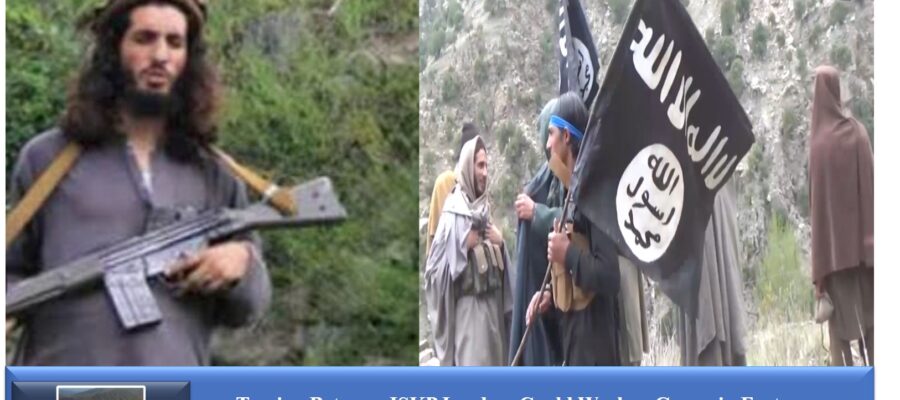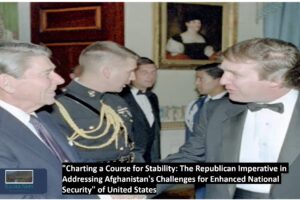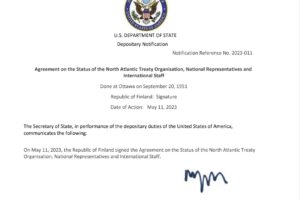LTC Qari Wasem provides some interesting insights into the Islamic State Khorasan Province (ISKP) to the Kauser News Agency.
Wasem’s comments about the group’s recruitment efforts are particularly revealing. He says that most of the recruits are coming from outside Afghanistan and that the group is paying them up to $1200 per month. This suggests that ISKP is struggling to recruit and retain members from within Afghanistan.
The interview also reveals that ISKP is facing a leadership crisis. Wasem says that he does not know who oversees the group, and that there is a lack of clarity about the group’s goals. This leadership crisis could weaken ISKP and make it more difficult for the group to operate effectively.
LTC Qari Wasem provides a valuable glimpse into the challenges facing ISKP. The group is struggling to recruit and retain members from within Afghanistan, and it is facing a leadership crisis. These challenges could weaken ISKP and make it more difficult for the group to operate effectively.
The Islamic State Khorasan Province (ISKP) is facing a leadership crisis in eastern Afghanistan, as three senior members of the group are vying for control. The tension between these leaders could weaken ISKP in the region, making it more difficult for the group to carry out attacks.
The three leaders in question are:
- Qari Ziaulhaq, the current ISKP leader.
- Abdul Rauf Khadim, the ISKP commander for the Nangarhar province.
- Aslam Farooqi Jr., the son of the former ISKP leader.
- Omer
Ziaulhaq is the most senior ISKP leader in eastern Afghanistan, but his leadership has been challenged by Khadim and Farooqi Jr. Khadim is seen as a more experienced and capable commander, while Farooqi Jr. has the advantage of being the son of a former ISKP leader.
There have been reports of clashes between the forces of these three leaders, and the tension between them could weaken ISKP in eastern Afghanistan. The group is already facing other challenges, such as U.S. airstrikes and Afghan government operations. If ISKP is unable to resolve its leadership crisis, it could become even more vulnerable to these challenges.
The outcome of the leadership struggle between Ziaulhaq, Khadim, and Farooqi Jr. could have a significant impact on ISKP’s future in the region. If Ziaulhaq can maintain control, ISKP could continue to pose a threat in eastern Afghanistan. However, if Khadim or Farooqi Jr. can seize control, the group could become even more fragmented and weakened.
The tension between these three leaders could have a significant impact on the future of Afghanistan. If ISKP can resolve its leadership crisis and maintain its strength in eastern Afghanistan, it could pose a serious threat to the Taliban.
If ISKP is weakened by the leadership struggle, it could become less of a threat and could even be defeated.
The outcome of the leadership struggle between Ziaulhaq, Khadim, and Farooqi Jr. will also have implications for the U.S. and its allies. If ISKP can maintain its strength in eastern Afghanistan, it could become a more difficult target for U.S. airstrikes and Afghan government operations. However, if ISKP is weakened by the leadership struggle, it could become easier to defeat.
The tension between these three leaders is a reminder of the complex and ever-changing situation in Afghanistan. The outcome of the leadership struggle could have a significant impact on the future of the country, and it will be important to watch the situation closely in the coming months and years.




